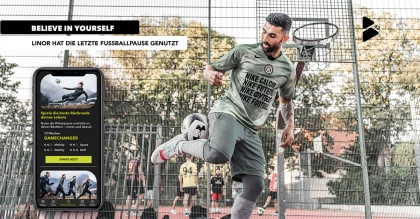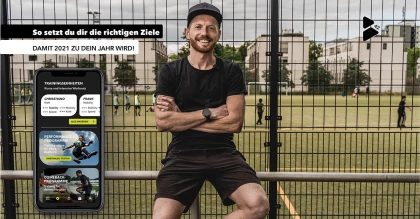It's probably no secret that in soccer you don't just have to train your muscles to be successful. For victories, promotions, cups and championships you need strong nerves.
The more important the game and the more decisive the character of the situation, the stronger you also have to be in your head. Two examples:
It's probably hard to imagine how brutal Harry Kane's second penalty was in the quarterfinal against France. He had already brutely welded the first one into the left corner. And now - ten minutes before the end of the game - he's on the receiving end of the second penalty. The goalkeeper has also been his teammate for several years. Both know each other by heart - they see each other every day in training. He misses.
The Croatian national team sensationally manages to equalize against the tournament favorites Brazil shortly before the end. When Zlatko Dalić, the Croatian coach, asked who was going to take the penalty, almost the entire team came forward. All of them score.
In today's blog post, we'll show you tips and tricks that you too can use in your game in the future to keep a cool head in tricky situations.










